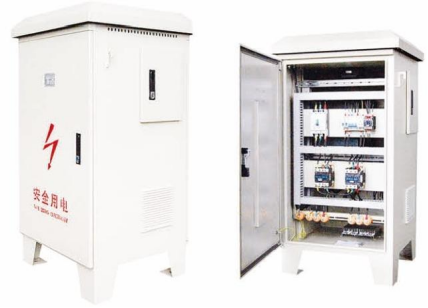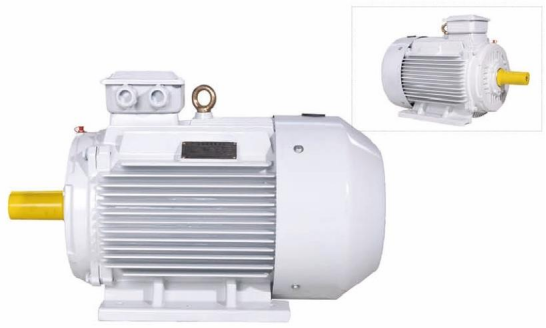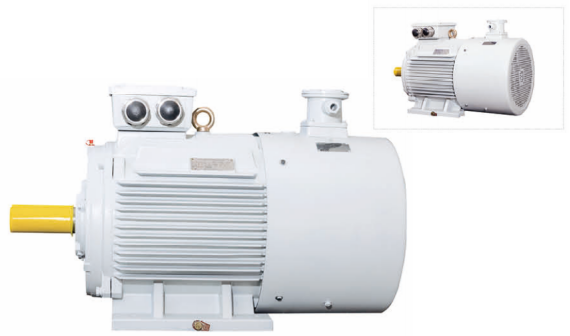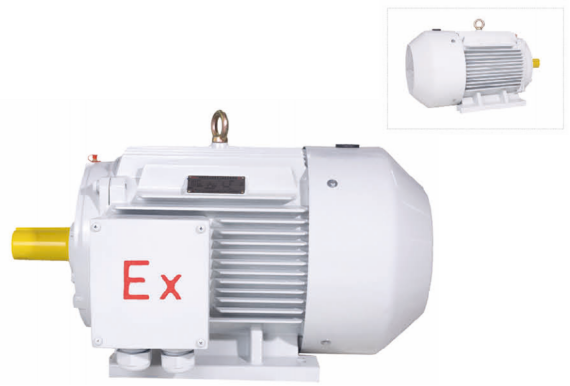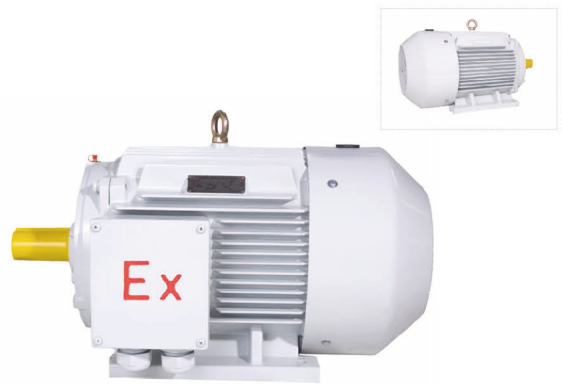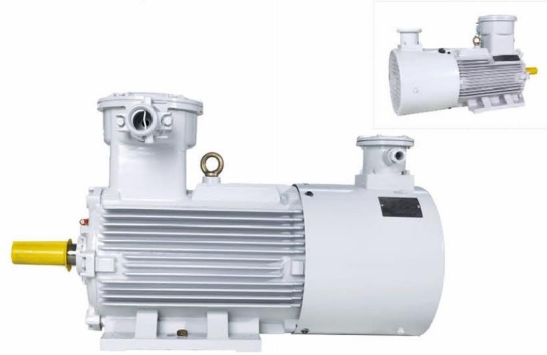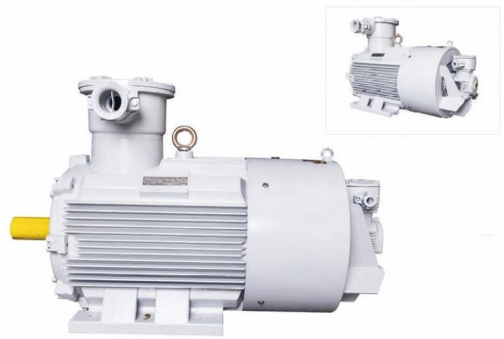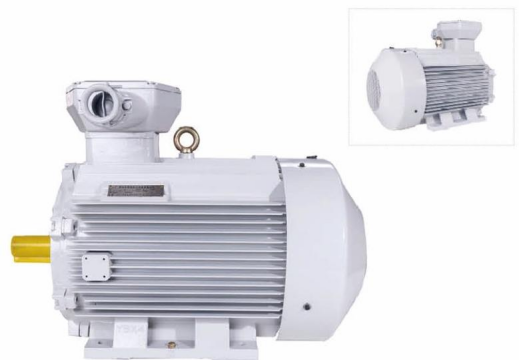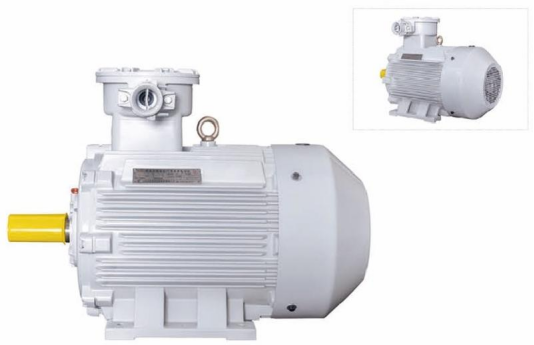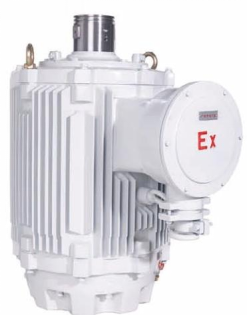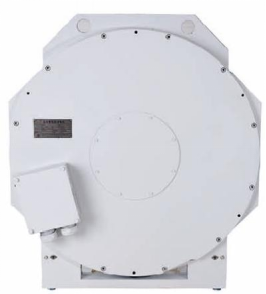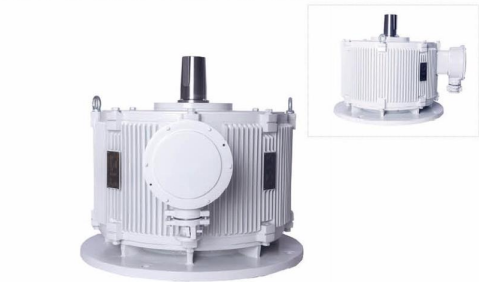Wedoany.com Report-Apr. 7, Australian Prime Minister Anthony Albanese announced a A$2.3 billion ($1.39 billion) initiative to support homeowners in purchasing batteries for storing solar energy, reducing household energy expenses on April 6, 2025. This proposal aligns with the general election, a key event approaching on May 3. Albanese, from the centre-left Labor Party, stated that the cost of installing a typical energy-storage battery could drop by about A$4,000, or 30%.
Australian Prime Minister Anthony Albanese attends a press conference after visiting Government House to dissolve Parliament and call an election in Canberra, Australia, March 28, 2025.
In his statement, Albanese noted: "The battery will be installed at home and store power from solar panels for the household to use when needed," as he addressed the nation on April 6, 2025. Government figures show that one in three Australian homes has solar panels, yet only one in 40 has a battery currently.
The Labor Party is closely competing with the Liberal-National coalition, led by Peter Dutton, according to opinion polls released on April 6, 2025. Dutton’s alternative plan redirects a portion of liquefied natural gas (LNG) exports to domestic use to lower energy costs. His coalition suggests that east coast gas exporters supply 10% to 20% more product locally, while also promoting nuclear power for the future.
Nationals leader David Littleproud, part of the opposition, appeared on Australian Broadcasting Corp television and claimed that Albanese’s initiative would help "only a select few," offering minimal support to renters and pensioners with energy bills on April 6, 2025. The opposition argues their approach would benefit a wider population.
Albanese’s approval ratings, once notably higher, now stand near those of Dutton, a former police officer and defence minister in the previous conservative government, as reported on April 6, 2025. With the election nearing, both leaders are focusing on energy affordability, a vital issue for Australians. Labor’s strategy enhances solar energy storage, while the opposition prioritizes boosting domestic gas supply and exploring nuclear energy, presenting distinct solutions on April 6, 2025.
